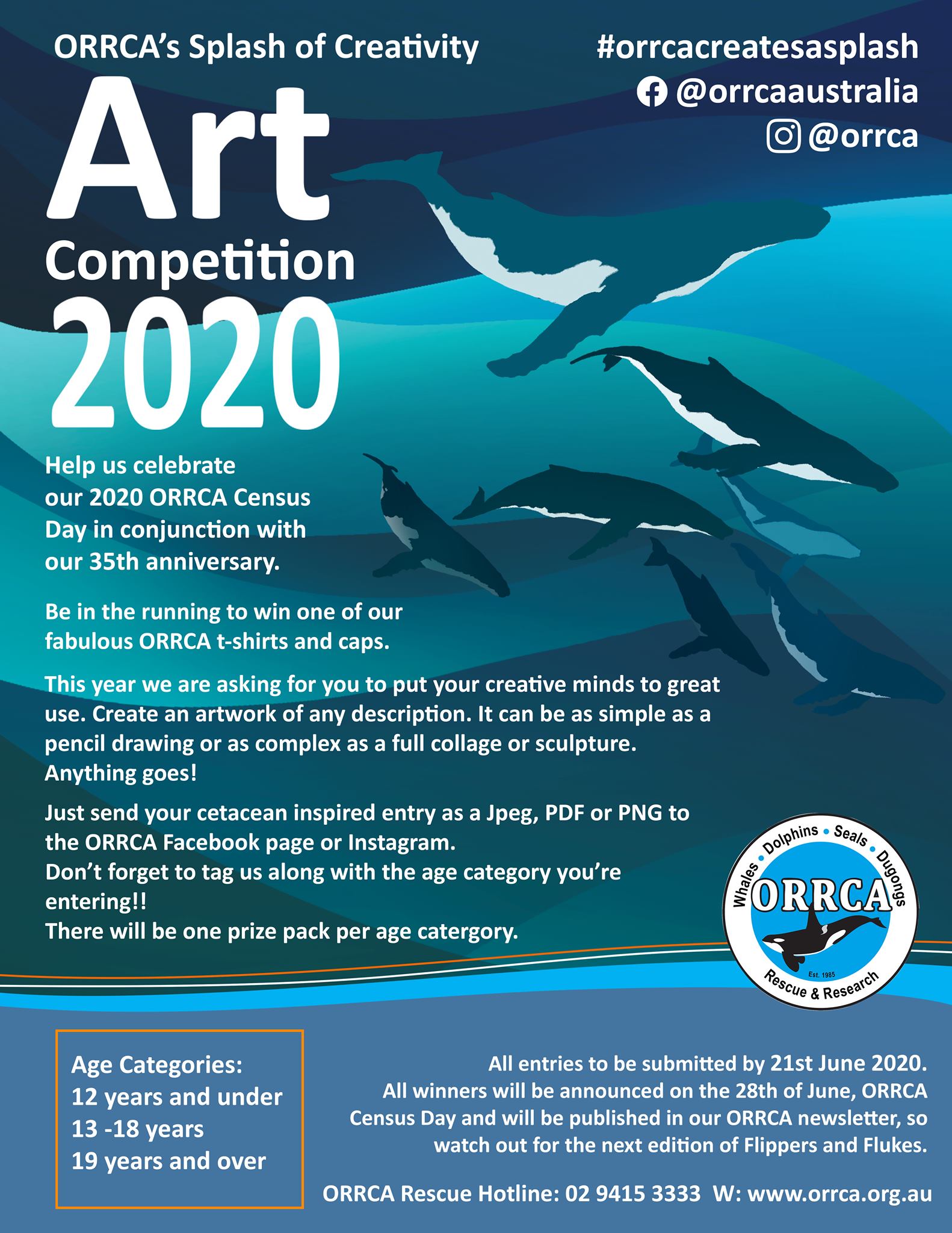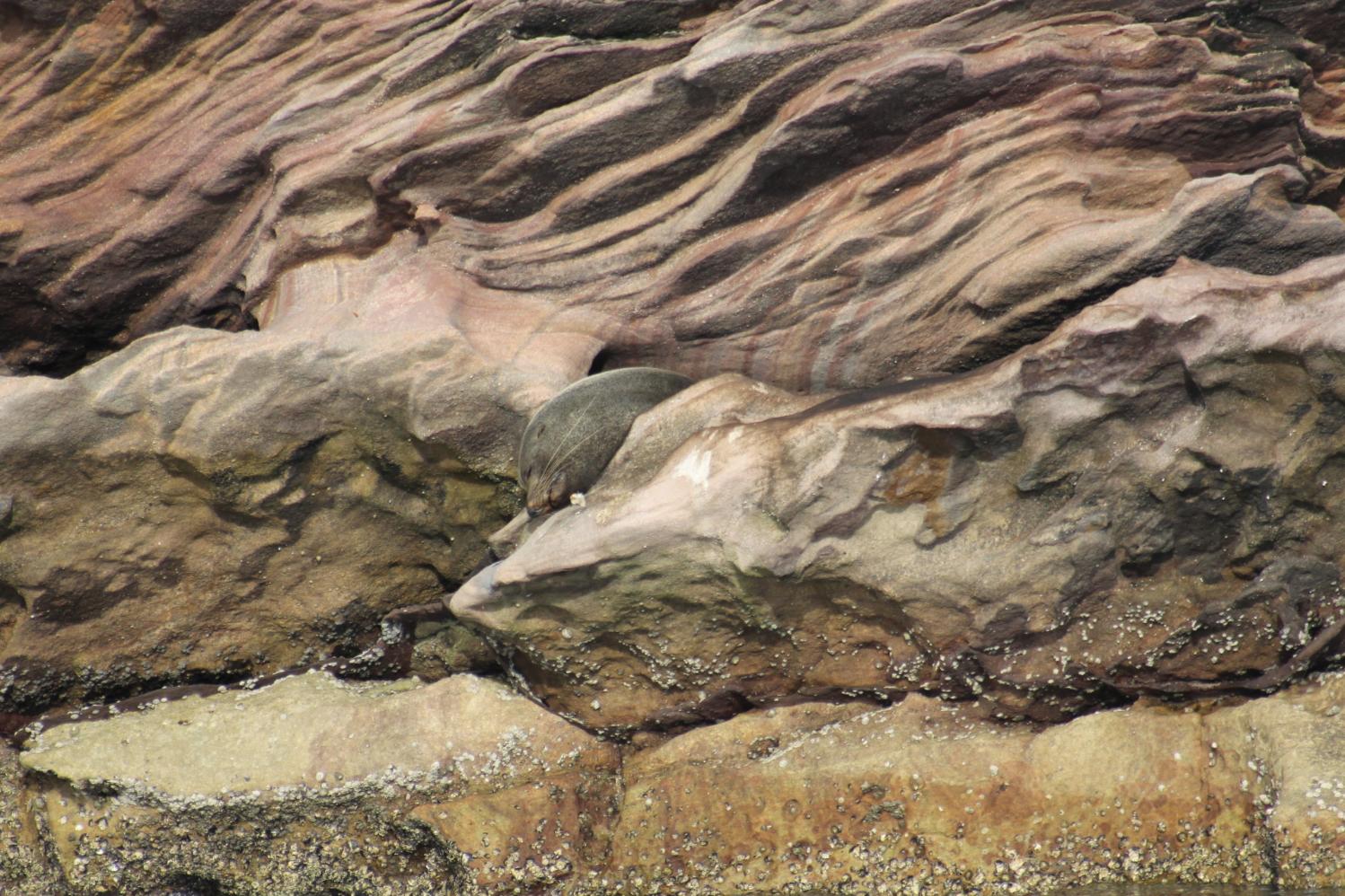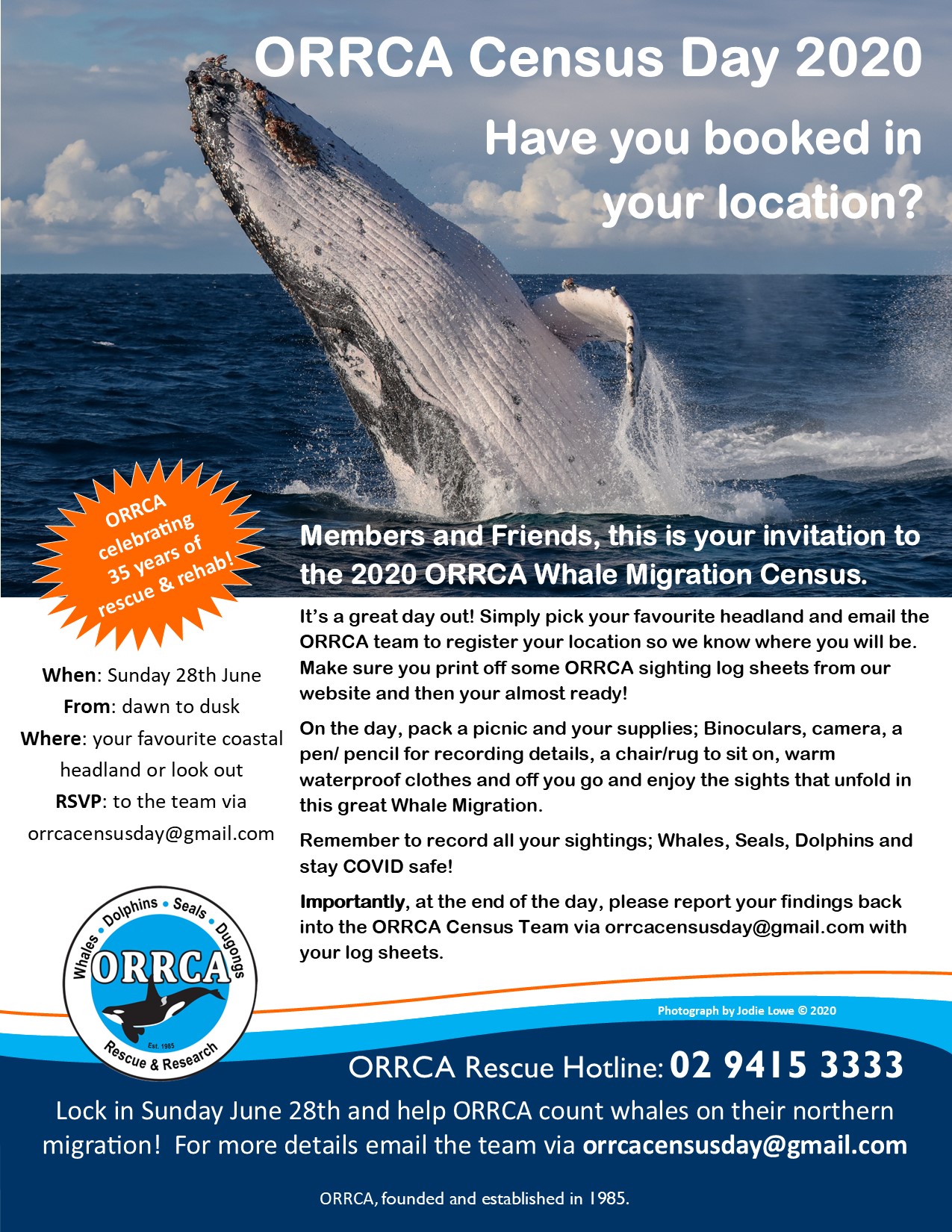June 21 - 27, 2020: Issue 455
ORRCA - Organisation For The Rescue And Research Of Cetaceans In Australia
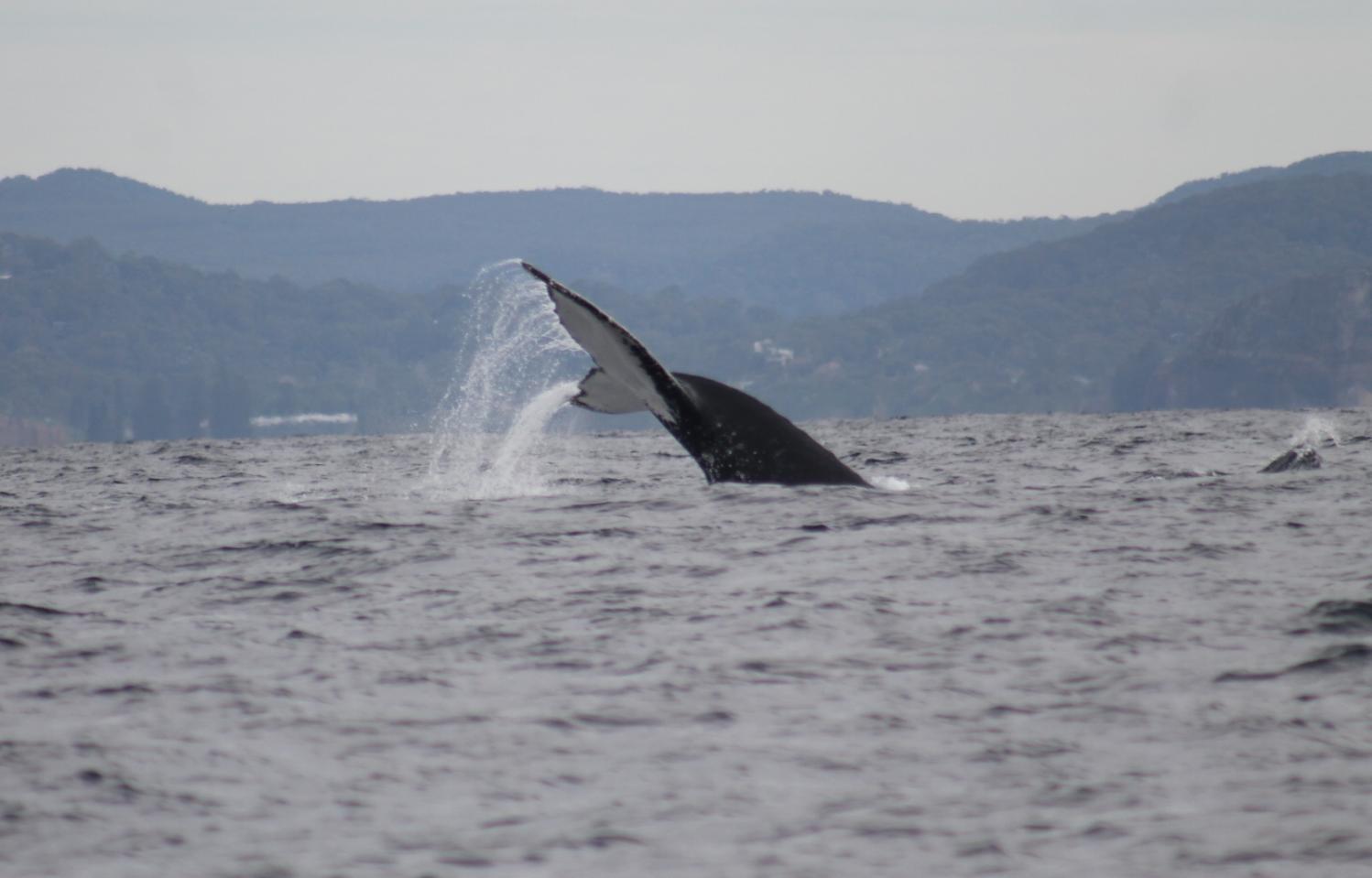
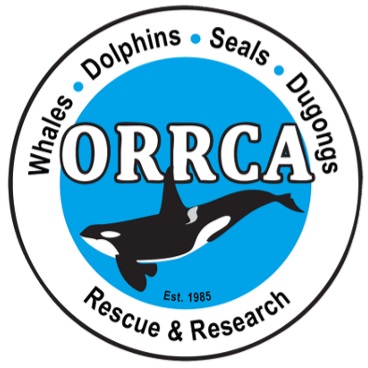 ORRCA stands for the Organisation for the Rescue and Research of Cetaceans in Australia. Put simply, our primary focus is the rescue, preservation, conservation and welfare of Whales, Dolphins, Seals and Dugongs in Australian waters.
ORRCA stands for the Organisation for the Rescue and Research of Cetaceans in Australia. Put simply, our primary focus is the rescue, preservation, conservation and welfare of Whales, Dolphins, Seals and Dugongs in Australian waters.
We are the only volunteer wildlife rehabilitation group in New South Wales licensed to be involved with marine mammal rescue, rehabilitation and release. Our members come from all walks of life, age groups and nationalities.
ORRCA offers the community one of the most experienced and successful whale, dolphin, seal and dugong rescue teams in Australia. We are also proud that today, we have rescue trained teams in Western Australia and Queensland available to support local authorities should a marine mammal incident arise.
Established in 1985, in 2020 we are celebrating our 35th year!
Website: www.orrca.org.au
Facebook page: www.facebook.com/marine.mammal.rescue/
On Twitter: twitter.com/orrca_inc
Instagram: www.instagram.com/orrca
All Members Within ORRCA Are Volunteers
We operate as a non-profit organisation and have charity status.
It is because of the generosity of the public providing donations, and the love and passion of people wanting to get involved and learn about these amazing animals, that ORRCA exists on its own two flippers today.
Through our ever growing membership base of valued and dedicated volunteers and our highly commended rescue training workshops coupled with the strength and dedication of the Committee, ORRCA has achieved extraordinary things over the past 34 years.
Make a Donation:
ORRCA Inc.
BSB: 082 387
Account: 653079879
The ORRCA Rescue Hotline Is The Organisations Lifeline!
The Rescue Hotline is the first point of contact people have with our organisation. Be it a whale or seal emergency, a local incident, someone wanting information on the organisation or simply a member of the public asking a question, the Rescue Hotline gets it all, from near and far!
ORRCA operates a 24/7 Rescue Hotline for the public to report any injured or stranded whales, dolphins, seals and dugongs. Simply call 02 9415 3333.
We are always in need of individuals to assist on the ORRCA Rescue Hotline on an occasional, casual or regular basis. If this important role sounds like something you would like to help out with, please Contact Us today!
No qualifications needed
Our members come from all walks of life, age groups, nationalities and career backgrounds. If you have a passion for whales, dolphins, or seals and respect the ORRCA Constitution, you are welcome to apply to become an ORRCA member! (you must be over 15 years old. If you are under 18, conditions apply so please email the team).
To become a member, simply click on the link below and complete the application process; Become an ORRCA member today!
Visit: www.orrca.org.au/ and: www.orrca.org.au/join-our-rescue-team
Our 2020 Committee
Executive Committee:
President: Leesa Pratt
Vice President: Jools Farrell
Second VP: Jacqueline O'Neill
Treasurer: Kathe Payne
Secretary: Ashley Ryan
Committee Members:
Ben Nix
Leigh Mansfield
Heather McMurrin
Helen Love
Hale Saldamli
Hon. Committee Member
Wayne Reynolds
ORRCA Census Day 2020, Is Just Around The Corner!
ORRCA is an all-volunteer organisation focused on whales, dolphins, seals and dugong rescue and research. Our aim is to help with the conservation, protection and welfare of these in Australian waters and we need your support!
Like most volunteer groups, we rely on community and business support to survive. Uniquely however, we are the only volunteer marine mammal rescue group licenced by NPWS to do the work we do with whales, dolphins, seals and dugongs.
Being a volunteer organisation, we receive no State Government funding or support. Our work is diverse, ranging from single rescue incidents in local areas, to support at internationally recognised incidents in remote locations. ORRCA’s network covers the vast stretches of beach and many coastal towns around Australia.
Across the winter months, we often see a spike in seal numbers hauling out. This coincides with the Minke, Humpback and Southern Right northerly whale migration. In recent years, we have also seen an increase in the number of whale entanglements which has increase the call numbers into our Rescue Hotline. The coordinated management of the many incidents over this period can be immense and without our team of dedicated volunteers, we may not be able to support these animals along our coastline with the care needed.
As we once again move into winter and the busy time of year in our oceans, we need to request support from the Community. This time it is for a more social reason, the annual ORRCA Census Day is approaching and we need volunteers. The Census Day is a social research day where we would love communities right up and down the coast to come out and spend some time looking for whales while respecting social distancing restrictions.
With an estimated 30,000 humpbacks swimming north along our coastlines to their Queensland and Western Australian breeding grounds over the next few months, spotting them and recording their behaviour is our mission on the 28th of June.
There are so many great headlands and vantage points that our members, followers and volunteers from the public can take advantage of all-around Australia. This year we hope to see more migrating Humpbacks than last year’s record count of 2,743 whales spotted on our Census Day.
A Little Background...
The ORRCA census day is a social research day for our ORRCA members and friends. We gather along the coastlines of Australia, mostly NSW, however we have members in WA, SA, Qld, Tas and Vic who also join in. We record our observations and the numbers of whales - in particular Humpbacks and Southern Rights buts also pods of dolphins and groups of seals that we see over the course of the day.
This information is then documented and recorded and fed back into ORRCA HQ. This data is then passed onto the National Parks and Wildlife Service whom we are licensed by. We have held this social day with our members every June since 2000. This June will be our 21st Census Day!
Last year we recorded over 2,743 sightings on the day from all around Australia!
How to get involved:
The 2020 ORRCA Whale Census Day is this month!
When: Sunday 28th of June, 2020
Where: Your closest headland
Who: One and all
From: Sunrise to Sunset
It’s a great free day out for all. Whale watchers simply pick a favourite headland and email orrcacensusday@gmail.com to register their location. We will then email you a Census Day kit which contains a sighting fact sheet to help identify whales and a marine mammal sighting log sheet which you will need to take on the day to record their observations.
Then on the day, pack a picnic and your supplies; Binoculars, camera, a pen/pencil for recording details, a chair/rug to sit on, warm waterproof clothes and off you go and enjoy the sights that unfold in this great whale migration. Remember to record your sightings!
Importantly, at the end of the day, please report your findings back to the ORRCA Census Day Team via our email orrcacensusday@gmail.com
When you send us your email, please ensure your log sheets are attached to your email.
Let’s get as much of our coastline covered as possible and enjoy one of nature’s most spectacular and long migrations in the world!
Finally, if you have any questions about ORRCA please email us at orrca@orrca.org.au
Our Committee will be more than happy to answer your questions.
To get involved, download the data form from ORRCA’s website orrca.org.au; or email the team on orrcacensusday@gmail.com
Some of our members favourite vantage points along our coastlines:
NSW
- Cape Byron lighthouse
- Coffs Harbour, Yuraygir coastal walk
- South West Rocks, Smoking Cape lighthouse
- Port Macquarie, Tacking Point lighthouse and
- Forster, Sugarloaf Point Lighthouse
- Port Stephens lighthouse and Tomaree headland
- Redhead Bluff
- Newcastle North – Streslecki Lookout
- Wyrrabalong National Park
- Wybung Head
- Norah Head
- Bateau Bay, Crackneck lookout
- Copacabana, Cape Three Points headland
- Bouddi National Park and coastal walk
- Barrenjoey Lighthouse
- Bilgola North Headland (A J Small Lookout)
- Long Reef
- Mona Vale Headland - north
- Narrabeen headland
- North Head
- South Head
- Cape Solander in Kamay Botany Bay National Park
- Royal National Park and Coastal Track
- Austinmer Headland
- Kiama, Bombo Headland
- Jervis Bay headlands
- Booderee National Park
- Cape St George Historic Lighthouse
- Port Kembla, Hill 60
- Ulladulla, Warden Head
- Narooma
- Eden
ORRCA Training Workshop Dates 2020 And 2021
(subject to COVID-19 restrictions/lockdowns)
NSW: Batemans Bay - October 24th 2020
NSW: Newcastle - November 7th 2020
NSW: Sawtell - November 14th 2020
NSW: Northern Beaches - December 5th 2020
NSW: South Sydney - February 6th 2021
NSW: Central Coast - February 27th 2021
NSW: Crowdy Head/ Harrington - March 13th 2021
NSW: Narooma - March 27th 2021
NSW: North Sydney - April 10th 2021
ORRCA training workshops, an overview;
These are a critical service that ORRCA offers to like-minded people and groups in our community across Australia. Importantly, we take the health and safety of our members seriously. For this reason, we have postponed our rescue workshops until October 2020. We will then reassess the situation with the Convid-19 pandemic.
In NSW, it is a legal requirement that any person or group interacting (rescuing, rehabilitating, or monitoring) with marine mammals must be licenced.
ORRCA has an annual authority issued by the National Parkes and Wildlife Service of New South Wales (NPWS) to assist them with the rescue and rehabilitate marine mammals. It is under this licence that its rescue members volunteer their time to help save the lives and manage situations along our coast lines.
It is important to note that members must be over 15 years old (Note: Members under 18 years old require parental consent and conditions apply) to attend an ORRCA rescue training course to become an ORRCA rescue team member.
An Overview Of An ORRCA Training Workshop:
The day is set out as follows;
- Meet in the morning and sign in
- The class meet and greet with the trainers
- The first part of the day is theory and educational based in a class room environment
- There are breaks for morning tea and lunch (BYO)
- The second part of the day is practical and a more hands on experience on a beach
The benefits you gain from an ORRCA workshop:
- Meet like-minded individuals
- Participate in higher learning from a team of experience rescuers
- The ability to respond to marine mammal situations as needed
- Being able to be a first responder and able to report back observations to the Rescue Hotline Team
- Become a peace keeper between the animal and the public, building awareness and educating
- Feel comfortable in answering questions about the rescue situation
- Make a difference in the life of a rare and sometimes endangered marine mammal that is visiting our coastline
Things to consider:
- You must to be a member of ORRCA to undertake our Rescue training. ORRCA offers different membership options:
- Only Rescue trained members can attend incidents.
- The Rescue training course fee is $90. Once you are a member, you only pay that once!
- All future refresher courses are FREE to current members.
- You can register now for an upcoming training course. See the link below;
Please note that some workshops are in high demand and numbers may be limited. In these situations, priority will be given to those who register first.
If you need more information, please email is via the Contact Us page.
Building awareness through respect
Many ORRCA members enjoy sharing information with members of the public when on location at a stranding or seal haul out. It helps bring the community together as the kindness and compassion of humans shines in these sometimes, intense situations.
It is also important to note:
Improper interaction with marine mammals is not only a criminal offence, you could hurt or distress the marine mammal and even put yourself in harm’s way. These mammals are wild, dangerous and highly unpredictable. They may also carry diseases.
Finally, please exercise extreme caution when around any marine mammal and keep at least 40 meters away.
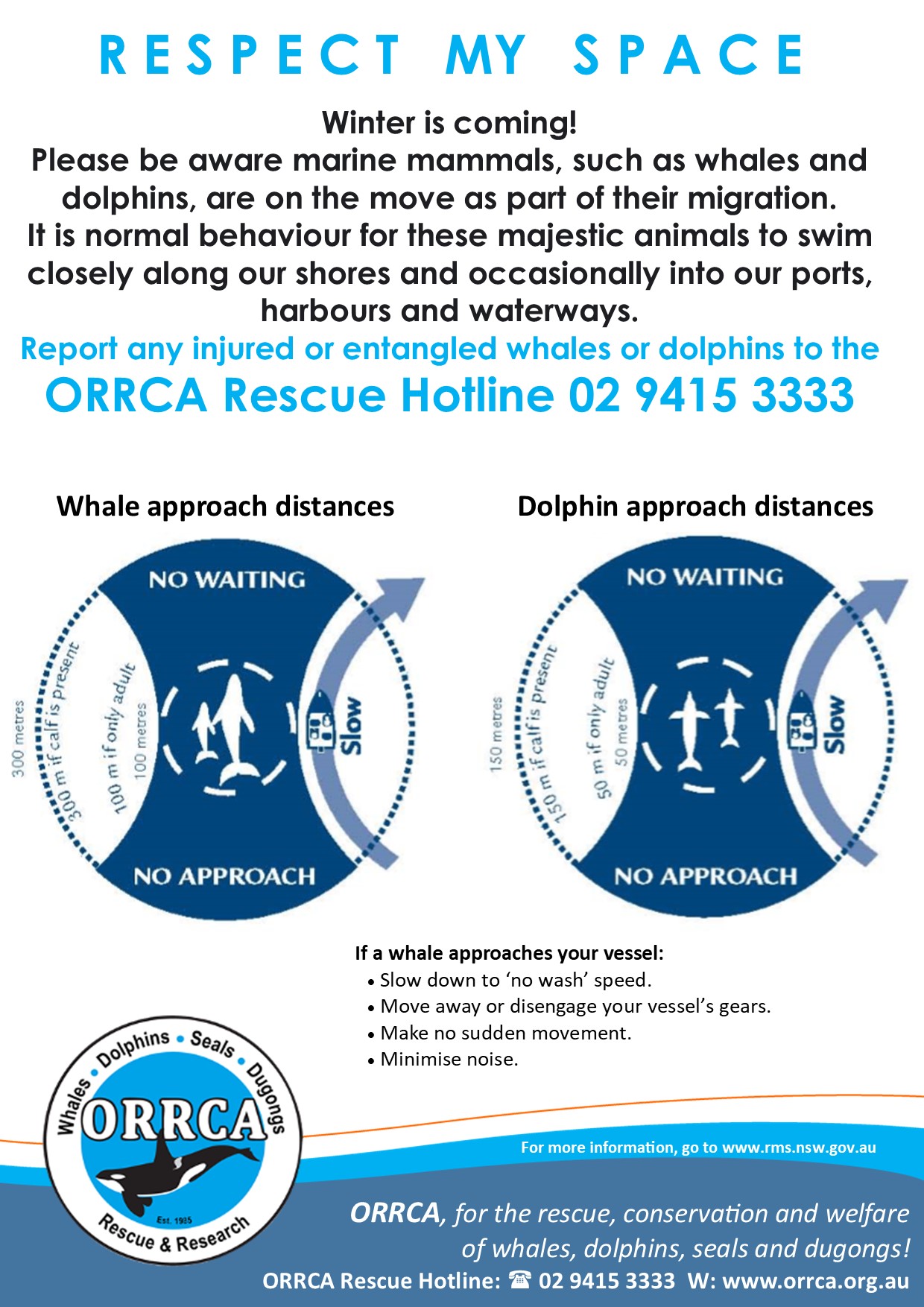
ORRCA Art Comp. 2020 And ORRCA Census Day 2020
